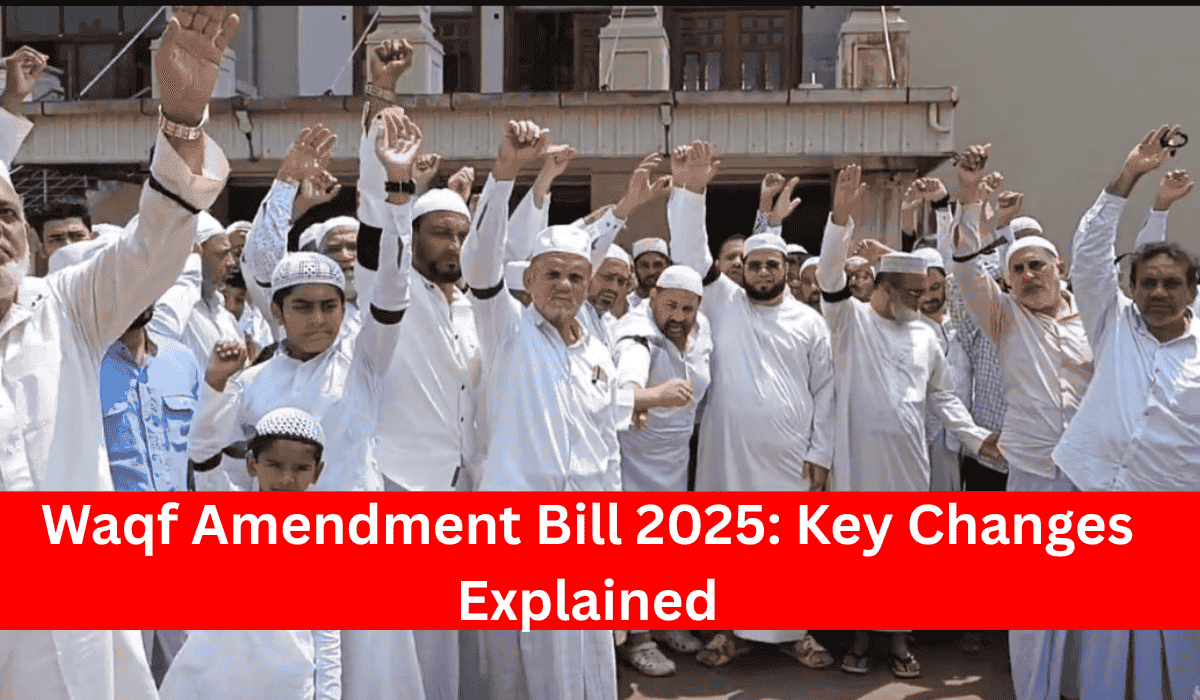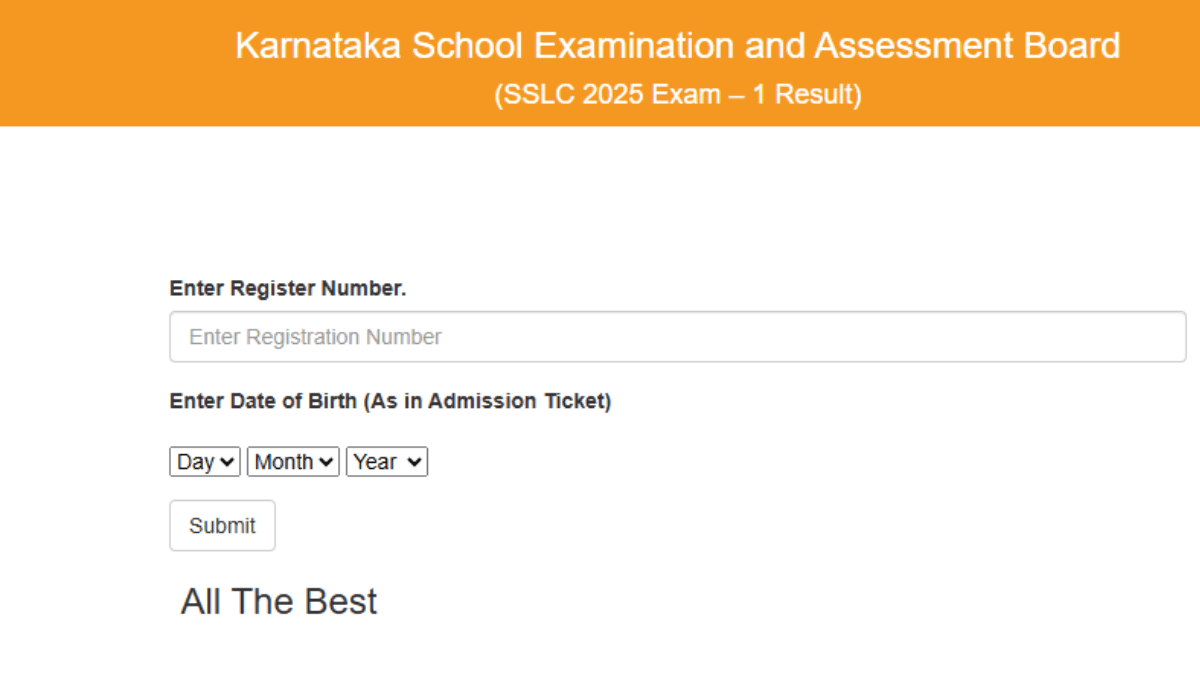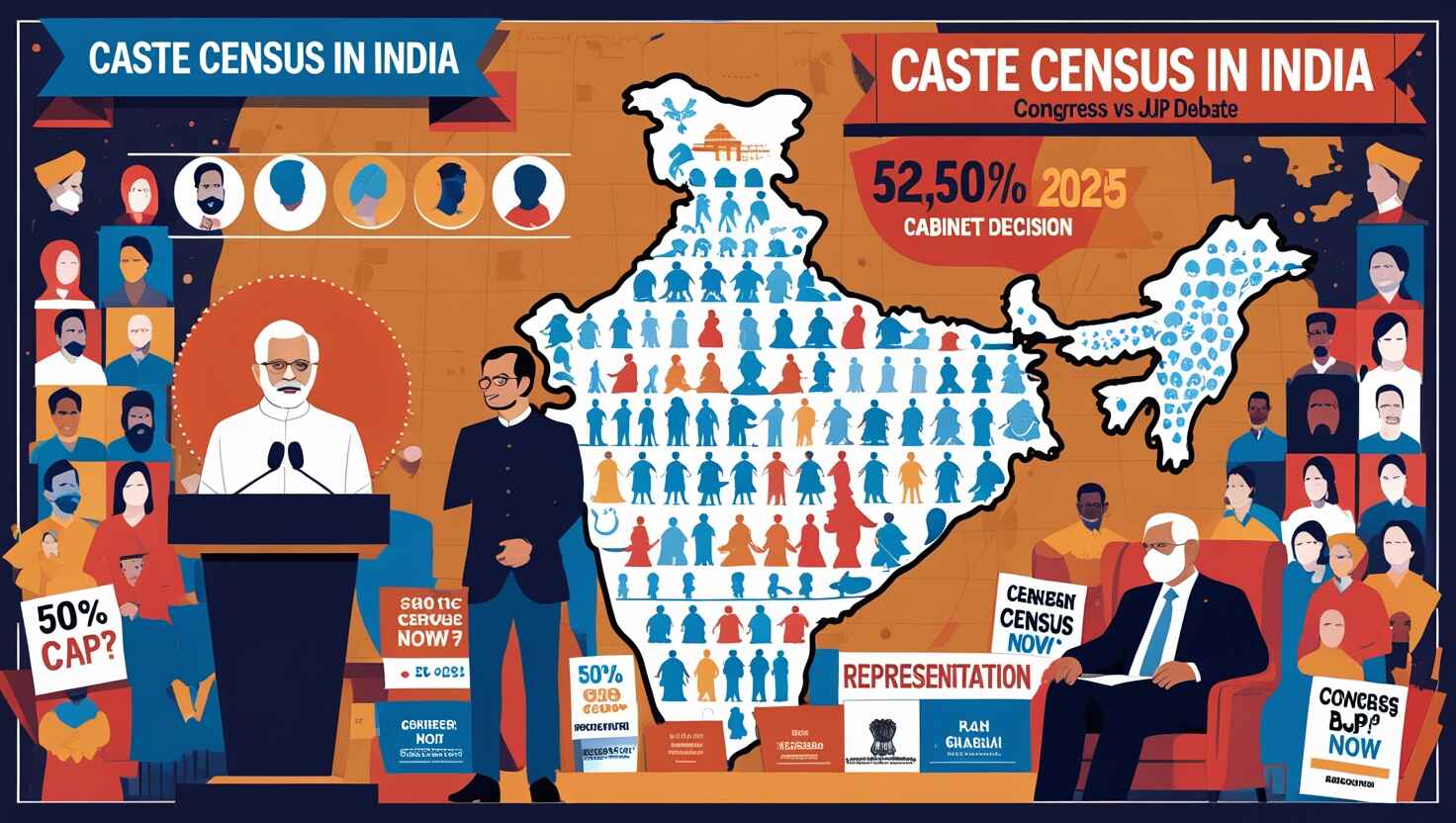Lok Sabha Waqf Amendment Bill India: Okay, so here’s the deal. The Lok Sabha is bringing back the Waqf (Amendment) Bill, 2025, today—April 2. It’s a big deal because this bill wants to change how Waqf properties are managed in India. The government, led by Prime Minister Narendra Modi, says it’s all about better administration. Critics? Well, they’re skeptical. Either way, this bill is back for round two, with some pretty big changes.
It was first introduced last year by Union Minority Affairs Minister Kiren Rijiju. Then it got sent to a Joint Parliamentary Committee (JPC) for a deep dive. That committee suggested a bunch of tweaks—25, to be exact. Now, the government has packed those into this fresh version of the bill. What’s new? Let’s break it down.
The Big Changes in the Waqf Amendment Bill 2025
1. Waqf By User – Now Just Looking Forward, Not Back
There’s this concept called “Waqf by user.” Basically, if a place—like a Masjid or a graveyard—has been used for religious or charitable purposes for a long time, it’s considered Waqf, even if there’s no paperwork. The earlier version of the bill wanted to remove this rule retrospectively, which would have been chaos. Imagine thousands of properties suddenly up in the air! Now, the new bill says this rule will only apply moving forward. Existing Waqf properties stay Waqf—unless they’re under dispute or actually government land. That’s a pretty big shift from before.
2. Who Checks Waqf Claims? Not the Collector Anymore
The 2024 version wanted District Collectors to survey Waqf properties. That was controversial. So now, the job will go to a government officer ranked higher than a Collector. This means disputes over whether land belongs to the government or is Waqf won’t just be settled at the district level. Instead, a senior officer will take charge, run an investigation, and report back to the state government. The idea? Fewer random claims and a more structured process.
3. Who Can Donate to Waqf? Some Clarifications
Earlier, the bill said that any “practicing Muslim for at least five years” could donate property to Waqf. The new version adds more details: A person must prove they’ve been practicing Islam for at least five years and must actually own the property they’re donating. Also, there can’t be any “contrivance” involved—basically, no loopholes or sketchy deals. The goal here is to prevent shady transfers of property under the label of Waqf.
4. Legal Battles – More Time to File Cases
Before, the bill said that after the Waqf (Amendment) Act, 2025, comes into effect, no one could file a legal case related to Waqf after six months. That was a hard deadline—miss it, and you’re out of luck. Now? There’s a little flexibility. If someone can prove they had a good reason for missing the deadline, courts can still hear their case. This change makes sure that genuine legal issues don’t get thrown out just because of a tight timeline.
5. Waqf-alal-Aulad – Protecting Inheritance Rights
Waqf-alal-aulad is when someone donates property for their descendants’ benefit. The earlier bill said this should not deny inheritance rights to heirs, including women. The new version expands on that—making it clear that inheritance rights and any other lawful claims won’t be denied. It’s a small but important tweak to ensure fairness.
The Politics Behind the Bill
So, why is this bill such a big deal? Well, for one, it was controversial from the start. Opposition parties and Muslim groups have been protesting, saying it could lead to government interference in Waqf matters. The bill was sent to a Joint Parliamentary Committee (JPC) back in August 2024. After months of debates and a 655-page report (yes, really), the government made these changes and brought it back.
The ruling BJP-led NDA pushed through 14 amendments in the final draft. The committee that reviewed the bill was led by BJP leader Jagdambika Pal. The government agreed to most of the committee’s recommendations, which is why we have this new version today.
What’s Next? The TDP Wants Another Change
One of BJP’s allies, the Telugu Desam Party (TDP), isn’t fully on board. They want to tweak one part of the bill—the bit that allows non-Muslims to be part of state Waqf Boards. TDP thinks this should be left up to individual states. It’s unclear if this change will be made, but expect some debate when the bill is tabled.
The Bottom Line
The Waqf (Amendment) Bill, 2025, is back in the Lok Sabha today. It’s got some serious changes—some making things stricter, some adding flexibility. The government says it’s about better management. Critics say it’s still a power grab. Either way, it’s going to be a hot topic in Parliament and beyond.













